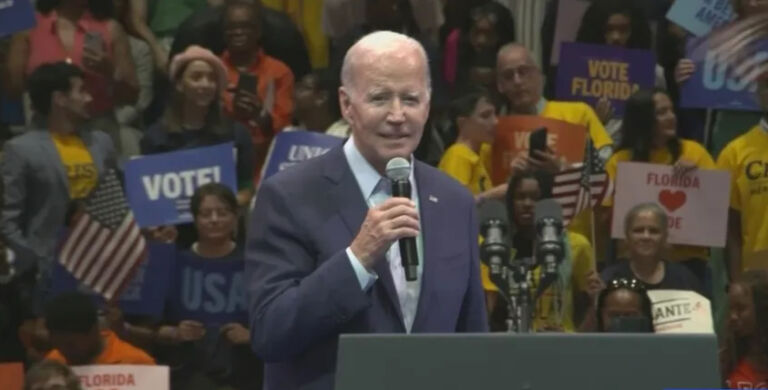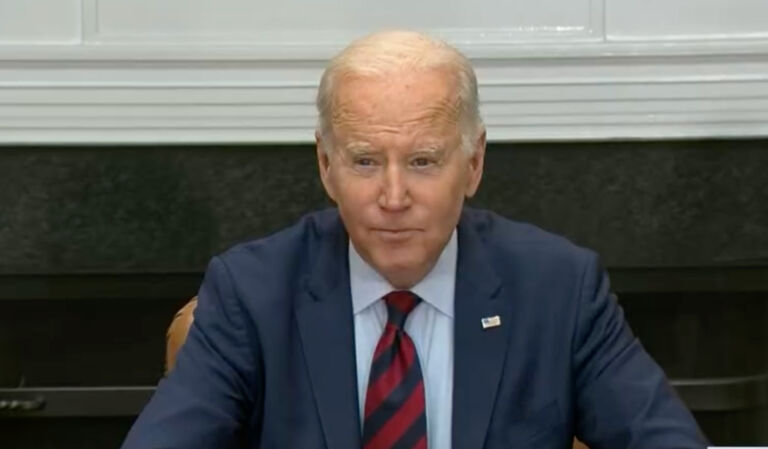The ruling class thought they could shut down large swaths of the economy during Covid, and paper over any negative effects by flooding the economy with newly-printed money. But all they did was delay the inevitable economic carnage.
Unemployment rates remain low, but that is a lagging indicator. Runaway inflation grabs the headlines, for good reason, but a bubble economy inflated by massive money printing typically features a few key indicators: rising stock market, housing market, and vehicle sales.
Stock market speculation is propped up with the newly-printed money and people chasing investment returns because in a near-zero interest rate environment safe forms of savings don’t provide any. Moreover, the low interest rates resulting from the money printing inflates bubbles in interest rate sensitive industries – most notably housing and vehicles.
On all these counts, signs are pointing to a bursting of the artificially inflated bubble.
In the stock market, the Dow is off 14% year to date, while the Nasdaq is down 28%.
In the housing market, existing-home sales “fell for the third straight month in April,” falling by 2.4% from March and 5.9% from a year ago. In March, new home sales were down 1.17% from the prior month, and 13.8% from the prior March. Furthermore, demand for mortgage applications has dropped by 21% year over year, to the lowest level in 22 years.
Similarly, car sales are slumping, and have been for a year. Total vehicle sales in May were down 15% since January, but the slump began late last spring. Since then, monthly car sales have been the lowest since the fall of 2011 (except for the Covid lockdown months), when the economy was still recovering from the Great Recession.
With the Fed needing to raise interest rates to try to curb inflation, financing for major purchases like cars and homes is becoming prohibitively expensive.
Making matters worse, consumers are piling up debt in order to pay for the rapidly rising cost of living, in no small part because wages are not keeping pace with inflation. Consumer credit in each of the last several months has risen at historic rates not seen since the Great Depression, and topped only twice in history. Meanwhile, total household debt is rising at rates not seen since just before the Great Recession.
The economic pain from shutting down the economy was inevitable. It was merely a question of when. Politicians, however, wanted you to believe the impossible: that the pain could be avoided with enough money thrown at it. But unchecked deficit spending has consequences, and just delayed the inevitable. And the consequences may very well end up being worse.
Fortunately, conservative budget-writers in North Carolina’s legislature have been aggressively using massive surpluses to shore up the state’s Rainy Day Fund, making our state well-equipped to weather the coming economic storm.


